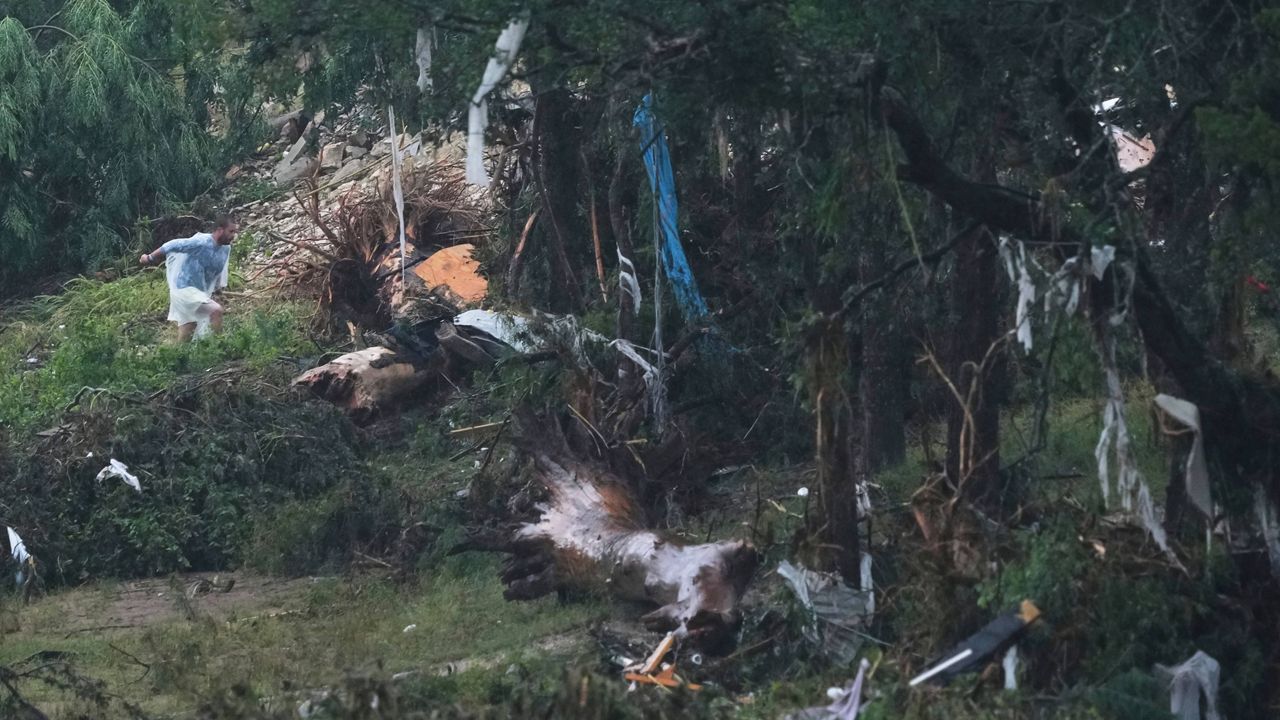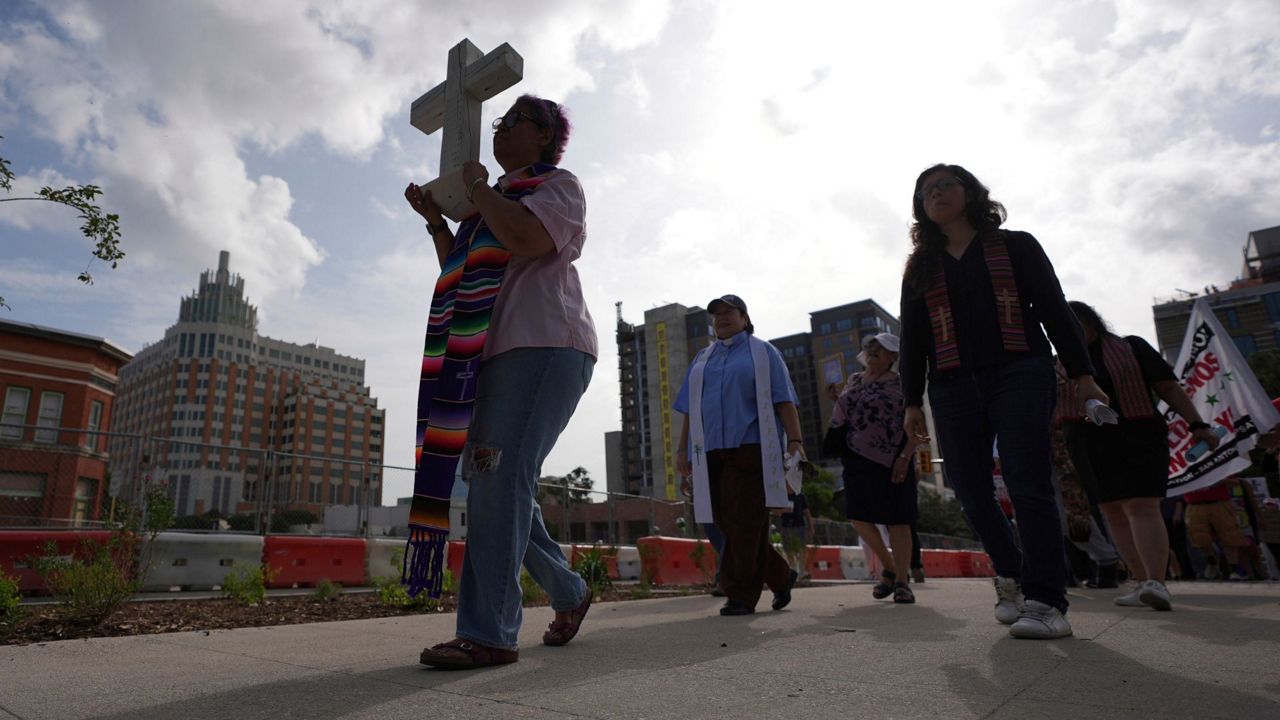TAYLOR, Texas – Drive 45 minutes northeast of Austin and you’ll hit farmland. Close to where Travis and Williamson counties meet sits Bob Avant’s farm. That’s where he grows hay.
“The Right2Farm Act is a way to allow agriculture and rural communities to coexist,” Avant said.
The Right2Farm Act is Proposition 1 on the November ballot. It would protect the rights of farmers to grow Texas’ food supply, particularly in areas where there’s urban sprawl. Early voting begins next week for November’s constitutional amendment election. Voters will have the chance to vote on this one and 13 other propositions.
Between 2010 and 2020, census data shows that Travis and Williamson counties in Central Texas have grown by more than 450,000 people. Avant says he’s heard a number of stories where local authorities have challenged farmers.
“Hay will be 12 inches to five feet tall before you can harvest it,” he said. “And so the city cited that farmer, and there was a concern about him being able to continue to farm his hay field because of the action the city took.”
Hay is essential to feed horses and cattle. Rep. DeWayne Burns, R-Cleburne, authored the bill. During an interview earlier this year, he said the proposition is about food security.
“If there's a threat to public safety, then an ordinance is probably fine. But if it's not in the interest of public safety, then these folks ought to be able to do what they've been doing, and use common farming practices to produce food for Texas,” Rep. Burns said. “And so we passed the bill, House Bill 1750, and then a constitutional amendment, HJR 126, which will solidify in the Constitution the importance of our farmers, and ranchers, and those that make food and clothe us, and will protect their rights and make sure that if there is an ordinance or a regulation out there that’s proposed in the name of public safety, that it actually does protect public safety, and it's not just there to limit production, or run the farmers off, or move them off the land, or anything like that.”
Changes can be felt on Avant’s farm. He can see a Samsung plant being built in the distance.
“It's got thousands of construction workers there now. After it's built, there'll be thousands of workers in that plant making chips. That campus takes about a thousand acres, so it's a very big footprint for Williamson County,” Avant said. “It's going to change the area from rural, agricultural operations, to one that's more suburban, urban manufacturing. And some of that land down there will have houses on it five years from now.”
Only one person testified against the measure during a committee hearing in March. The bill passed unanimously in the Senate. Every House member minus a few voted in favor of the legislation. Now, it’s up to voters to decide.
“Anything that we can do to assure the future of Texas agriculture is really, really important,” Avant said.






?wid=320&hei=180&$wide-bg$)

)

